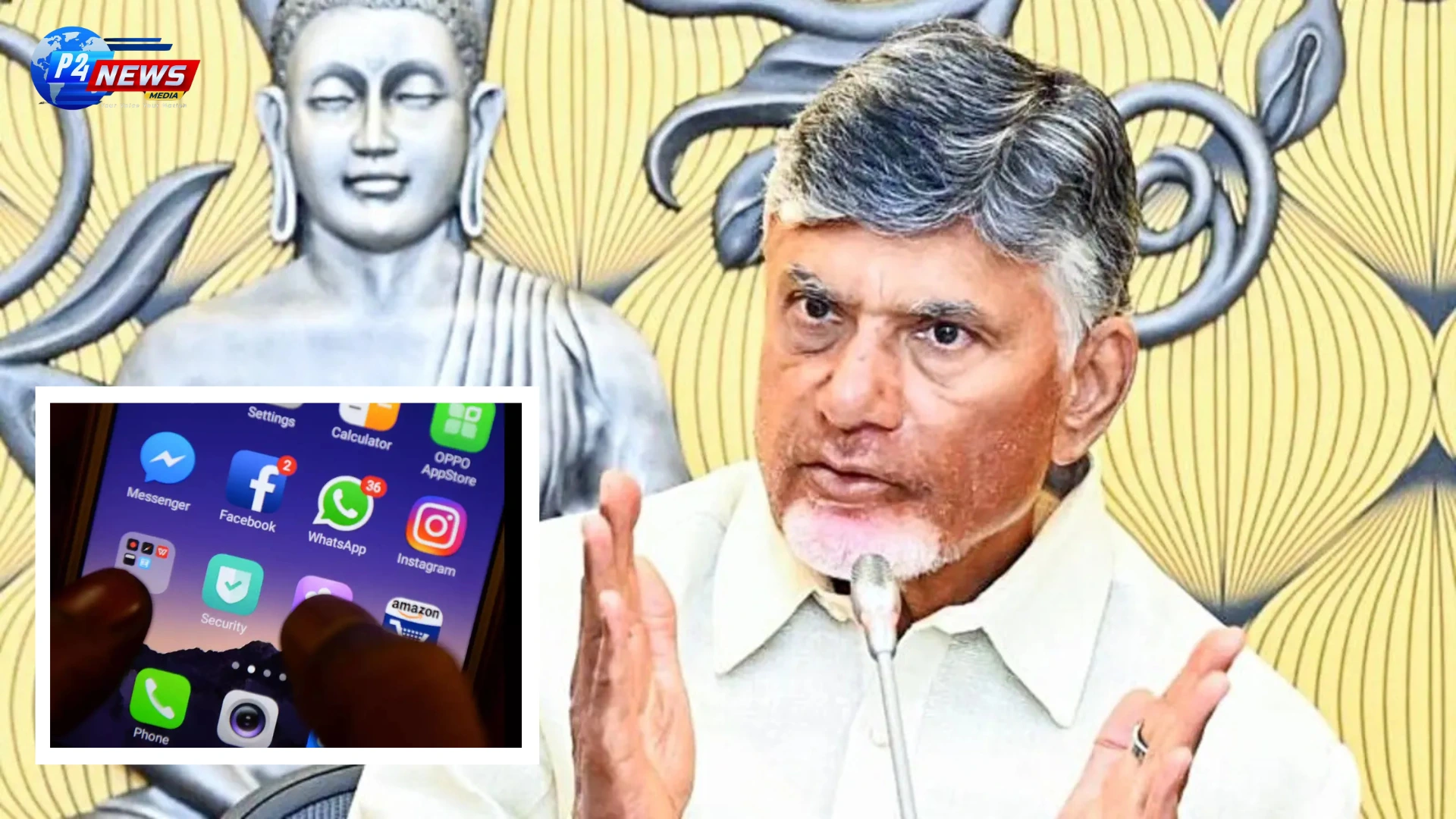In a surprising turn of events, former Democrat Tulsi Gabbard has been appointed by Donald Trump as the US Intelligence Chief. This move has garnered attention across various platforms, raising questions about her role and potential impact on national security. Gabbard, known for her unique political stance and approach, is set to navigate the complex landscape of American intelligence during a pivotal time for the nation. The implications of her appointment are significant, with analysts and citizens alike eager to see how her background and perspectives will influence US intelligence operations. This article delves into Gabbard's political journey, her views on national security, and what this means for the future of American intelligence.
Tulsi Gabbard's Appointment as US Intelligence Chief: A Political Shift
In an unexpected political maneuver, former Democrat Tulsi Gabbard has found a new role in the Trump administration as the US Intelligence Chief. This appointment has sent shockwaves through the political landscape, prompting discussions about her qualifications and the direction in which she might steer the intelligence community.
Tulsi Gabbard, who has long been a vocal figure on various controversial issues, has maintained a unique position within the American political arena. Her past as a congresswoman and her outspoken views on foreign policy have made her both a supporter and critic of the government at times. As she takes on this new responsibility, many are closely monitoring how her experiences will shape intelligence operations.
Gabbard's track record includes a strong emphasis on national security, advocating for a reassessment of military engagements abroad. With her appointment, there are questions surrounding her approach to intelligence gathering and analysis, especially in light of current global tensions. Advocates believe that her fresh perspective could lead to significant changes, particularly in how the US approaches international relations.
Further complicating the situation is the polarized atmosphere of contemporary politics. Gabbard's transition from a Democratic platform to a key role in the Trump administration raises eyebrows and ignites debates about party loyalty and the implications of such a shift. Analysts predict that Gabbard’s methodology may diverge from traditional practices, potentially redefining the metrics of success within the intelligence community.
The implications of Gabbard’s appointment extend beyond mere personnel changes; they reflect a broader strategy that the Trump administration may be pursuing in its second term. The intelligence sector is critical in addressing both external threats and internal challenges, meaning her strategies will have far-reaching consequences.
As Gabbard prepares to assume her new position, the response from both sides of the political spectrum is mixed. Supporters argue that her unique insights and experiences may enhance the craft of intelligence, while critics worry that her past statements could influence her objectivity when assessing threats.
As citizens and analysts brace for the changes ahead, the spotlight is firmly placed on Tulsi Gabbard. Her approach, effectiveness, and the overall impact on US intelligence operations will likely shape the narrative of the upcoming political landscape. The nation watches closely, hoping for clarity and strategic direction in an age where the stakes are higher than ever.
'
















Comments 0